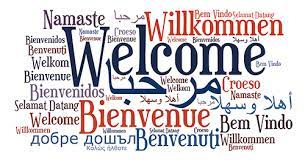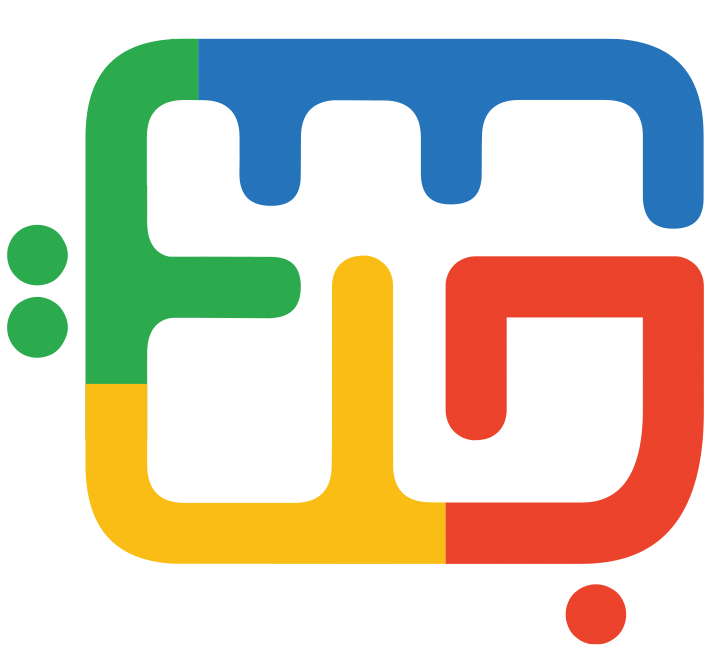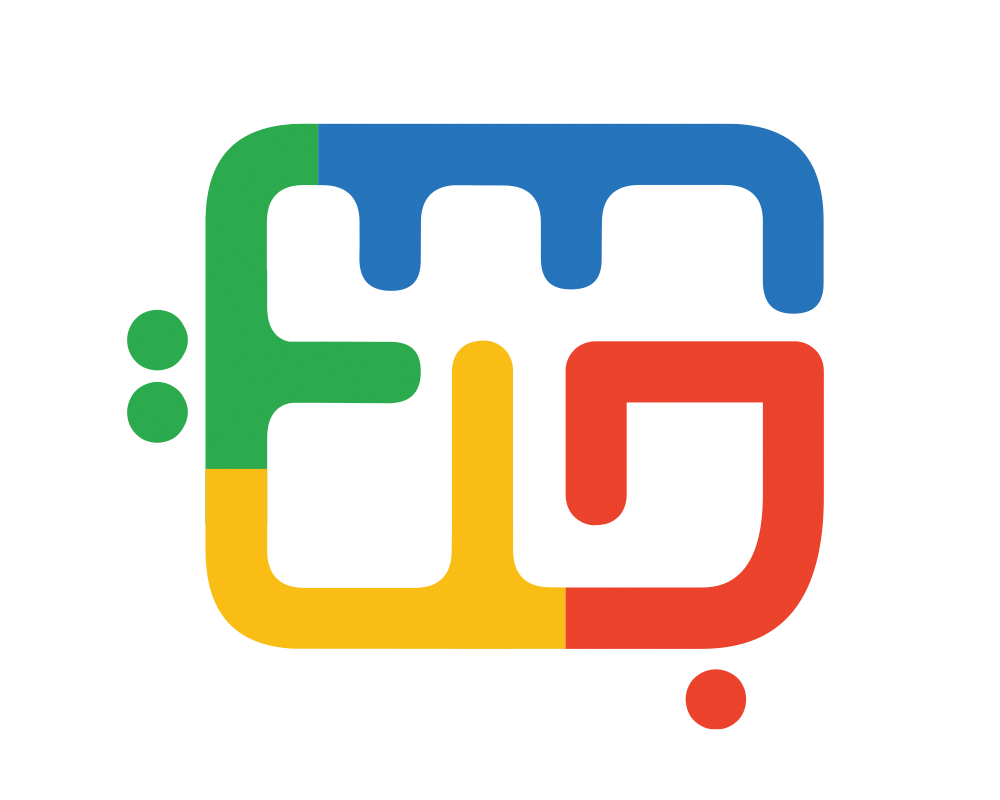If you live in the Middle East or have Arab friends and want to impress or surprise them, the following 10 words may be a key to an ongoing relationship with them.
Here are the top 10 words
Wallah
Meaning “I swear to God”, this word will pop up in a conversation between friends or family more times than you’ll be able to count. And this word can be used in any part of a sentence, for example you can say: “You won’t believe what happened to me, wallah even if I told you, you wouldn’t believe it wallah!
Inshallah
Probably one of the most well-known Arabic words because of how commonly it is used, the word “inshallah” means “God willing”, but most people will use it in the context of meaning “maybe” or “I’m not sure, it’s out of my hands”. Use this word when either you really don’t know the answer to something, or when you want to get out of answering right away! (our moms Inshallah meant it is not going to happen!)
Mashallah
This word is used when wanting to compliment something beautiful or spectacular without getting jealous. It’s used a lot by young men when talking about a girl they like, for example they may say: “She’s so kind and beautiful … mashallah”; and by adding the word “mashallah” at the end they can affirm that they are trying to compliment without getting too overbearing or jealous.
Yallah
Meaning “let’s go” or “come on” and said when you want something to happen or someone to get moving, this is one of the most common Arabic words used. People will use the word “yallah” for everything, from getting stuck in car traffic to getting people on the dancefloor; using this word will make you feel like a true local.
Marhaba!
Means hello! You can always start a conversation with this word. If someone says Marhaba (hello), you can reply with Marhabtain (2 hellos!).
Habeebi or Habeebti
Habeebi is darling for male and Habeebti is darling for female. It is also used for friendship and not necessarily for a definition of a “lover or darling”.
Ya Haraam
Used to express sympathy or sadness at something, this word originally means “a sin” but is used as slang to mean something along the lines of “oh poor thing” or “I feel sorry for…”. For example, if someone is telling you a story about an accident or someone coming into physical harm, you can answer by saying “ya haraam!”
Bokra
Tomorrow! Well not literarily. Tomorrow could mean the day after or the day after that or after after that… Depends on the tone!
Khallas
A favorite word from young children to older grandparents, this word means “to finish”, but has the connotations of meaning “stop it”, “don’t try again”, “it’s over”, or “stop talking”. It’s the perfect word to use when you just want someone to stop nagging and give you some peace!
Ahlan Wa Sahlan
This is used when you are meeting someone dear to you or when you are welcomed to someones’ home or gathering. It is a greeting to welcome you!




